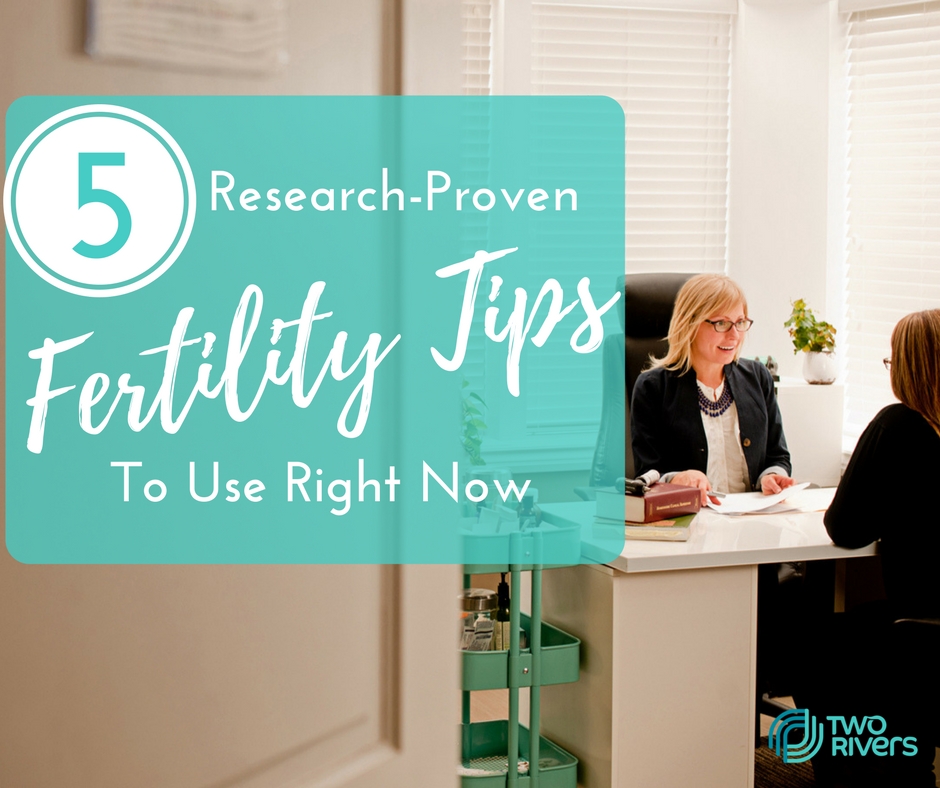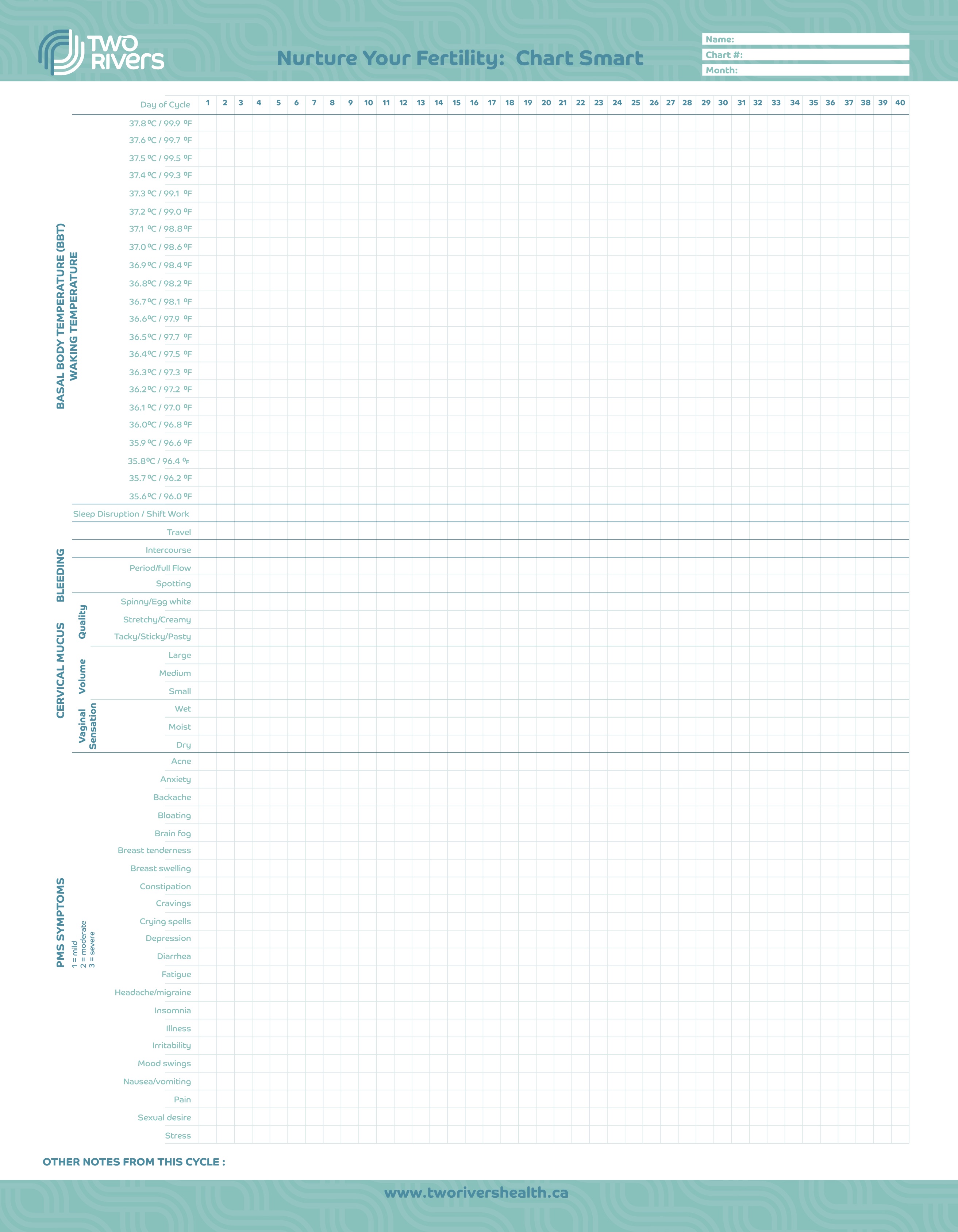I was at a conference last week focused on the latest & greatest of integrative fertility care – including medical and naturopathic perspectives.
Here in Ontario we’re fortunate to be home to some of the world’s leading fertility doctors, including reproductive endocrinologists, andrologists, naturopathic and integrative physicians.
1. Chart Smart
It was really quite cool to hear one of Toronto’s leading fertility specialists encouraging women to go back to those low-tech basics and track their cycles. The body doesn’t lie and since you need to know exactly when in a given cycle you can conceive, good old BBT (Basal Body Temperature) Charting will do the trick. Using a regular oral thermometer from the drugstore, take your temperature first thing in the morning before you get out of bed – don’t worry, it doesn’t have to be exactly the same time each day. Download this handy BBT Chart and you’ll see a meaningful graph within your first month.
2. Integrative Is IN
Fertility is a medical specialty where complementary and naturopathic approaches are recognized to support the results you want – i.e. healthy pregnancies and healthy babies.
In fact, the vast majority of our patients tell us their doctors and nurses at their fertility clinics are happy to hear they’re working with us, including for acupuncture, emotional support and the right supplements. The research says it all – integrative approaches to fertility are helping couples conceive, both naturally and with the help of IUI and IVF.
3. The Dad Factor
Make it count: men’s health is no less than 50% of a couple’s fertility equation. Tests for male fertility should include 2 semen analyses AND a DNA fragmentation test to assess the quality of the DNA inside the sperm – which makes up half of the DNA of the couple’s embryo and future child.
Fertility specialists agree that not all labs are created equally – especially when it comes to semen analysis. In one case presented at the conference, a man had two different sperm count tests within 1 week of each other. The first lab gave a count of 7 million: considered not optimal, but workable, and caused the focus to be put back on the female partner’s fertility. The second test, performed at a research level andrology lab, showed less than 1 million sperm. That’s a truly meaningful difference for the overall fertility of the couple. The male partner went on to receive a physical exam at a leading andrology (male health) clinic which identified a bilateral varicocele (blood vessels in the scrotum that interfere with fertility) that were missed on his previous routine physical.
Of all possible natural supports for male fertility, antioxidants remain top tier choices. Men need a combination of antioxidants to support sperm health, but they don’t necessarily need to take the maximum therapeutic doses of each antioxidant to get optimal results. Read more on antioxidants for male fertility here.
Recently, specific fertility clinics have begun accepting direct referrals from naturopathic doctors. This includes the opportunity for men to receive a thorough physical exam and appropriate semen analysis from leading specialists and research level laboratories, on site without the hassle and risk of providing samples at home and transporting them to the lab for testing.
4. Botanical Boosts
My respected colleagues at Conceive Health presented a summary of herbal medicines that have been successfully used to support fertility outcomes. Some herbs act like SERM’s (selective estrogen receptor modulators) and can be used to help you create a naturally supported cycle with an improved chance for successful ovulation and fertilization. This creates helpful options for women who don’t tolerate fertility drugs, or who prefer non-pharmaceutical approaches.
5. Take An Evidence-Based Approach
At Two Rivers Health, your individualized fertility treatment plan is always based on published and clinical evidence. We understand that having your baby is the most important thing on your mind, and it’s on our minds, too! It’s up to us to show you treatment options that work, and then you decide how you want to proceed in your individual fertility care plan. We only use treatments that work, and we learn what works through constantly reviewing published medical journal articles, case studies, and our extensive clinical experience helping couples like you conceive healthy babies.
Since educating yourself about your fertility is the most empowering strategy you can implement on this journey, I’m wondering which of these Top 5 Tips you’ll start applying right away in your fertility care plan?
Let us know in the comments below, or join the conversation here.


